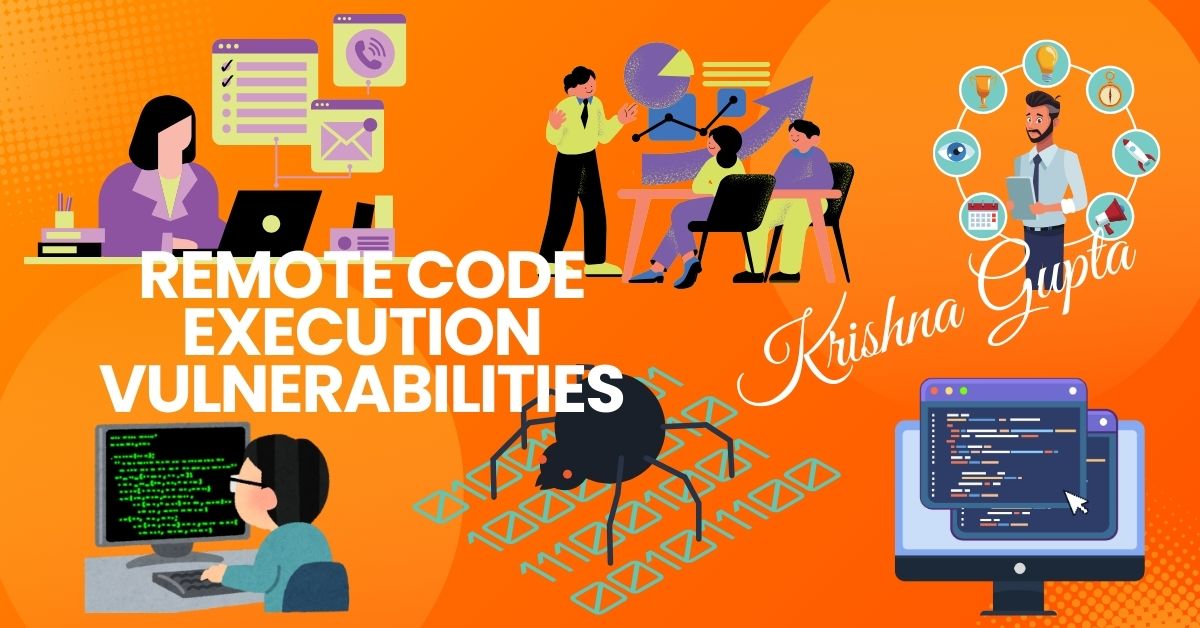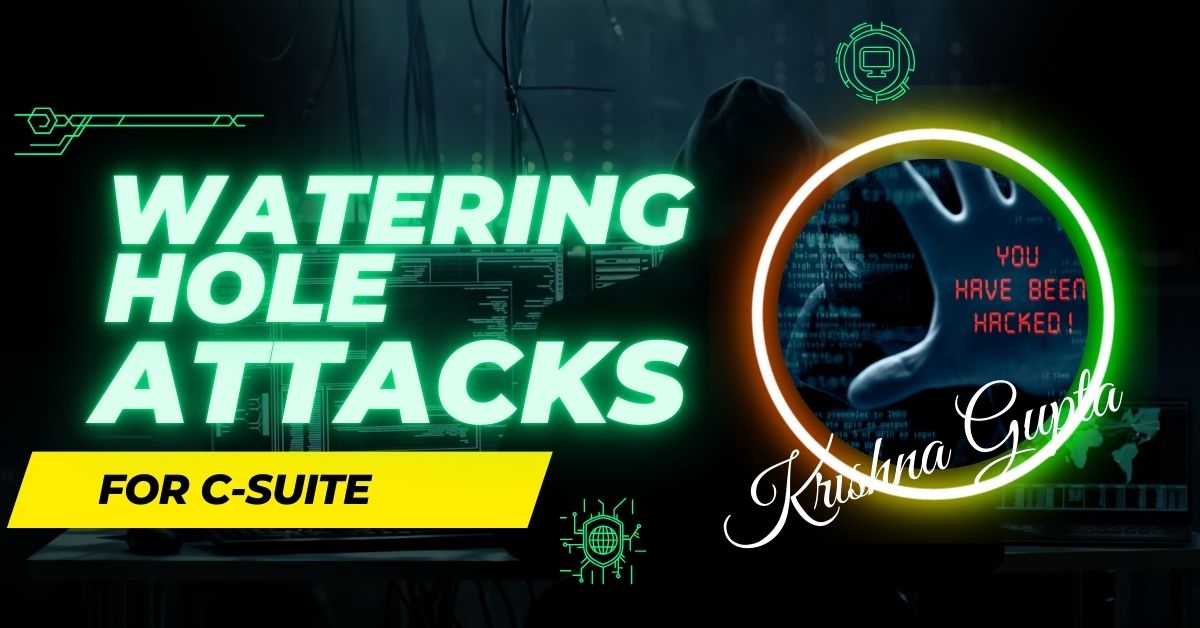Cyber-espionage and Hacking: The Growing Threat of Nation-State Actors and the Dark Web
Cyber-espionage involves the illicit gathering of sensitive data and intelligence through cyber means, often conducted by or for nation-states seeking strategic advantages over rivals. This form of cyber attack targets confidential business information, government intelligence, intellectual property, and personal data to:
– Undermine a competitor’s market position,
– Influence policy and decision-making,
– Gain technological and commercial insights, or
– Disrupt operations.




